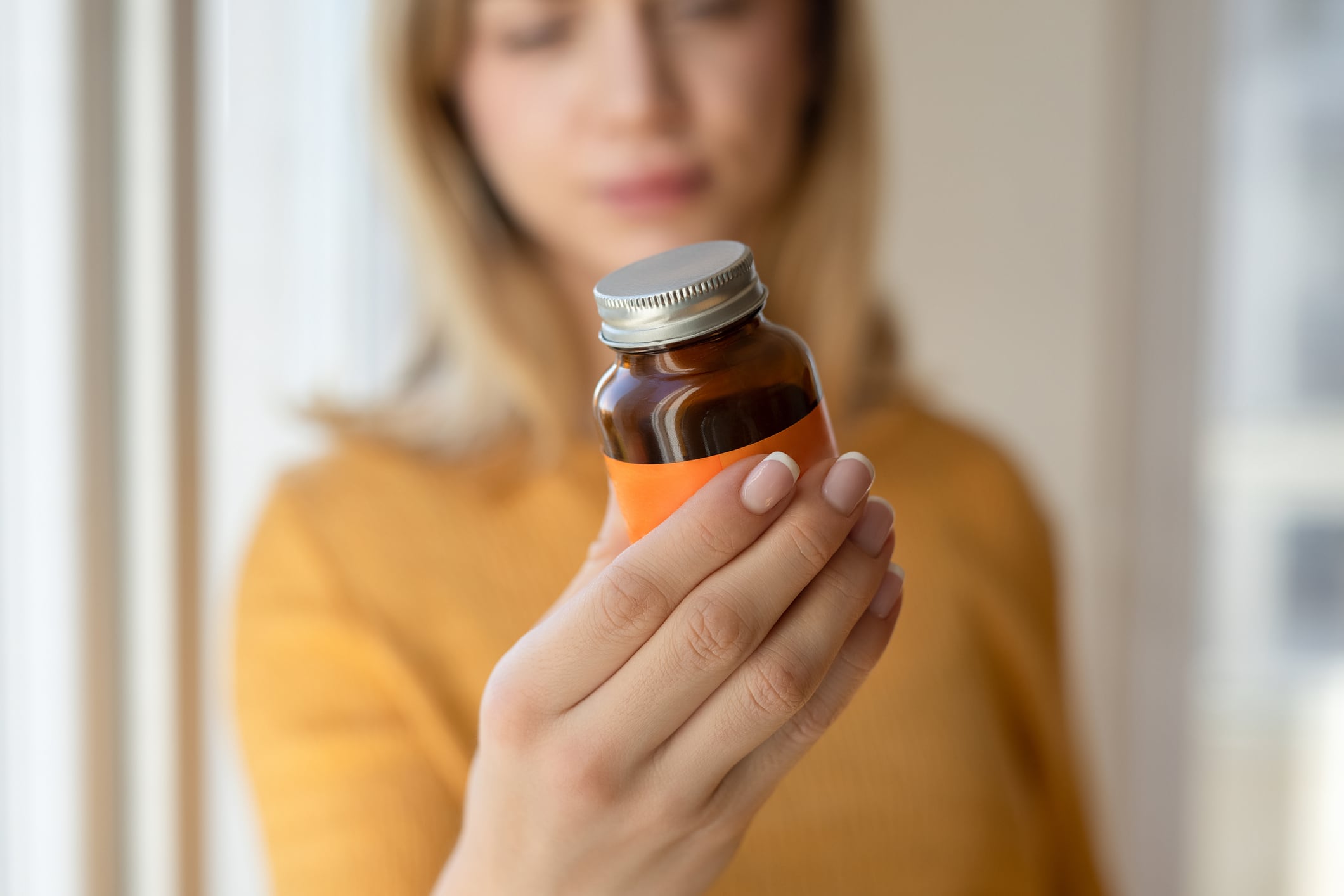The move reflects growing demand for evidence-backed fertility and prenatal supplements outside of traditional clinical settings, as industry stakeholders respond to shifting consumer behavior and widening access gaps.
“The reproductive healthcare access crisis in America is staggering,” Samantha Diamond, co-founder and CEO of Bird&Be, told NutraIngredients. “Forty percent of reproductive-aged U.S. females don’t live within proximity to IVF care, and over 10 million lack access to specialized women’s healthcare entirely.”
The brand has shipped over 40,000 orders to underserved regions in the past year, and the Ulta rollout represents a strategic step toward improving early access to fertility support products.
“Our Ulta expansion makes proactive reproductive health support as accessible as the skincare and makeup that customers already shop for,” Diamond added.
Positioning fertility support alongside wellness staples
Bird&Be’s Ulta product lineup includes the company’s Male and Female Fertility Power Packs, a Complete Prenatal Pack and a Calcium + Magnesium + Vitamin D Boost supplement. Ovulation and sperm tests will also be available online.
The in-store experience will be accompanied by trained Ulta staff, briefed by Bird&Be’s internal medical team, to support customer education and product guidance.
“We’re not just placing products on shelves,” Diamond said. “We’re training Ulta team members through our own medical team to provide education and support to customers. This creates critical touchpoints for early intervention.”
The brand’s goal is to shift fertility from a reactive medical issue to a proactive part of overall wellness. For example, “someone shopping for skincare might discover our ovulation tests and start tracking their cycle months before trying to conceive,” she said.
Ingredient transparency and clinical validation
Bird&Be’s formulations are developed in consultation with reproductive endocrinologists and naturopathic doctors, according to the company. The supplements feature bioavailable nutrient forms and targeted antioxidant support.
“Our male fertility formula showed a 52% increase in sperm motility in clinical trials, and our female products contain nutrients like CoQ10 that have been shown to support improved egg quality and IVF success rates,” Diamond said.
The company’s flagship fertility packs include a dual-form folate blend of methylated folate and folic acid to ensure broad bioavailability, along with other micronutrients commonly recommended by fertility clinics.
“People want convenience, but they also want to know they’re getting products that are actually going to work,” she said. “That means real clinical studies, not just testimonials.”
Retail access driving market normalization
Bird&Be’s Ulta launch coincides with a broader trend of healthcare-adjacent products entering the beauty and wellness retail sector. Diamond views this as a normalization process that could have significant long-term implications for both consumer behavior and clinical outcomes.
“When someone sees our Female Fertility Power Prenatal Pack near to their favorite vitamin C serum, fertility health becomes just another aspect of taking care of yourself,” she said. “That kind of visibility helps reduce stigma and encourage earlier engagement.”
Rising demand for male fertility solutions is also evidence of this normalization shift. As cited on the company’s website, sperm-related issues can factor into up to 50% of infertility cases, and for Bird&Be, two of the company’s four best-selling products are male-focused.
By “moving from a model where people only think about fertility when they’re struggling, to one where it’s part of routine health optimization,” Diamond said Bird&Be sees mainstream retail as a key access point to intercept consumers earlier in their fertility journeys.
Future category expansion
Building on its 100% year-over-year growth, with subscriptions accounting for 75% of revenue, Bird&Be intends to expand its clinical focus into adjacent areas of hormonal and reproductive health.
“Women are already buying supplements like our Inositol Cycle Support to support PCOS symptoms,” Diamond said, and “we have a huge opportunity to bring the same scientific rigor we apply to fertility care to these other life stages.”
Based on this growth pattern, the company anticipates further growth in retail-driven health solutions, particularly in categories related to menopause and hormone balance, as consumers continue to seek clinical-grade products in familiar retail environments.
Market outlook
Bird&Be expects fertility and reproductive health supplements to reach parity with mainstream wellness categories in visibility and normalization over the next three to five years.
“This Ulta partnership is just the beginning of a complete transformation in how people access and think about reproductive health,” Diamond said.
In recognition of the growing engagement from healthcare professionals as a critical growth lever, over 10% of the company’s customers are now practitioner-referred, which Diamond attributes to doctors recognizing the value of accessible, high-quality supplements in supporting optimized health and outcomes.
Specifically, the company’s practitioner channel has doubled year over year, in part because “when someone can start optimizing their fertility health months or years before they need clinical intervention, it often prevents more complex treatments down the line,” she added.
Looking ahead, the company is focused on expanding access while maintaining evidence-based standards.
“The ultimate goal is to adopt a proactive approach to reproductive health, which will optimize outcomes for many people on their path to and through parenthood,” Diamond said.





